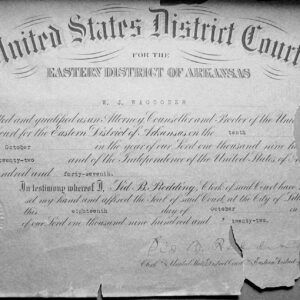 W. J. Waggoner Bar Admission
W. J. Waggoner Bar Admission
Gender: Male
 W. J. Waggoner Bar Admission
W. J. Waggoner Bar Admission
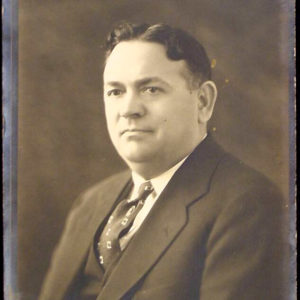 William J. Waggoner
William J. Waggoner
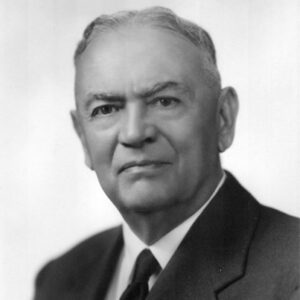 William J. Waggoner
William J. Waggoner
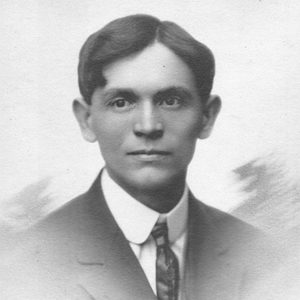 William J. Waggoner
William J. Waggoner
Waggoner, William Jayson (Bill)
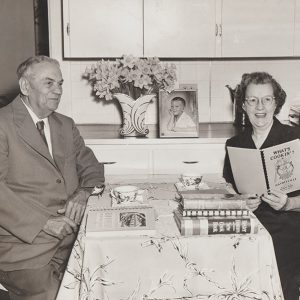 Waggoners
Waggoners
Wainwright, Larry (Murder of)
 Wakely Biography
Wakely Biography
Wakely, James Clarence (Jimmy)
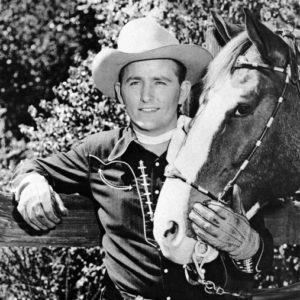 Jimmy Wakely
Jimmy Wakely
 Jimmy Wakely Comic
Jimmy Wakely Comic
Waldron to Baker’s Springs, Scout from
Waldron to Mount Ida, Caddo Gap and Dallas, Scout from
Walker, David
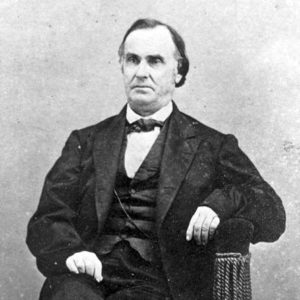 David Walker
David Walker
Walker, Dock (Execution of)
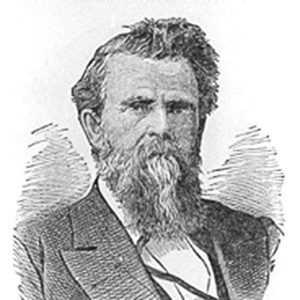 James D. Walker
James D. Walker
Walker, James David
 John Walker
John Walker
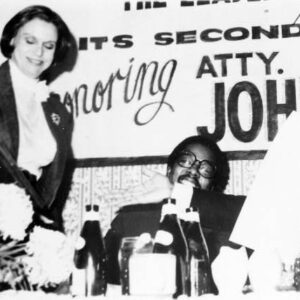 John Walker Roast
John Walker Roast
Walker, John Winfred
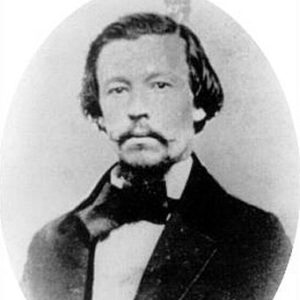 Lucius Walker
Lucius Walker
Walker, Lucius Marshall (Marsh)
Walker, Nick (Execution of)
 Tommy Walker
Tommy Walker
Walker, William “Sonny”
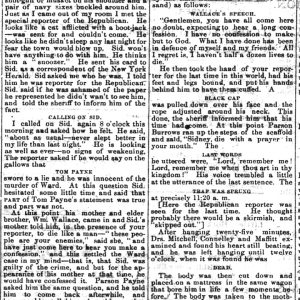 Wallace Execution Article
Wallace Execution Article
Wallace, John (Reported Lynching of)
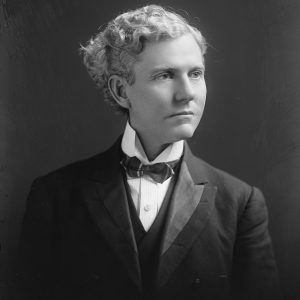 Robert M. Wallace
Robert M. Wallace
Wallace, Robert Minor
Wallace, Sidney
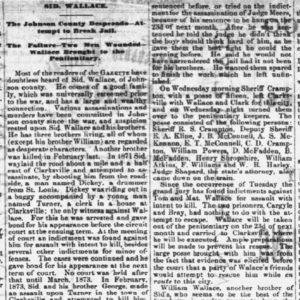 Sidney Wallace Article
Sidney Wallace Article
Walls, A. J.
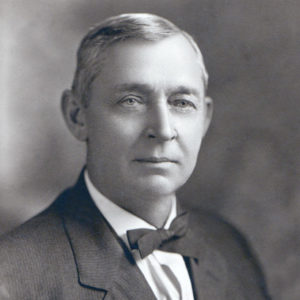 A. J. Walls
A. J. Walls
Walls, Clement Sampson, Jr.
 Sam Walls
Sam Walls
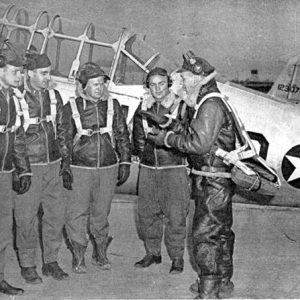 Walnut Ridge Army Flying School
Walnut Ridge Army Flying School
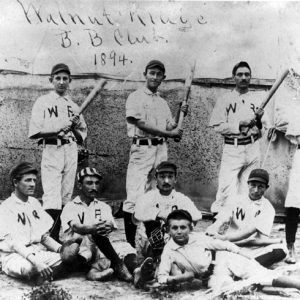 Walnut Ridge Baseball Club
Walnut Ridge Baseball Club
Walton, Sam
aka: Sam Walton
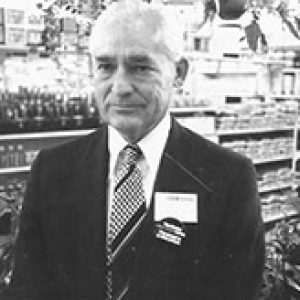 Sam Walton
Sam Walton
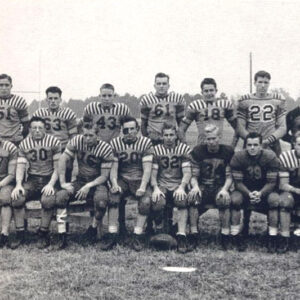 Wandering Weevils
Wandering Weevils
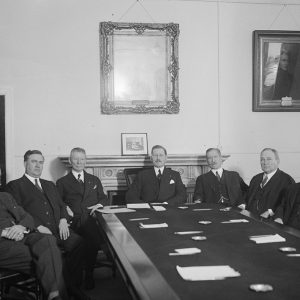 War Profits Commission
War Profits Commission
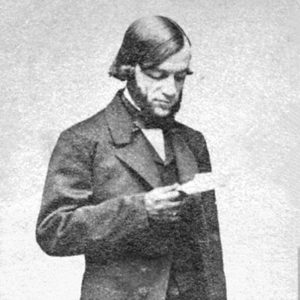 George Cabot Ward
George Cabot Ward
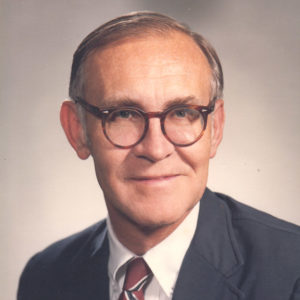 Harry Ward
Harry Ward
Ward, Harry
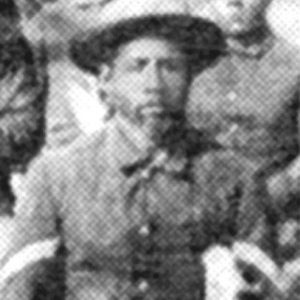 John Ward
John Ward
Ward, John [Medal of Honor Recipient]
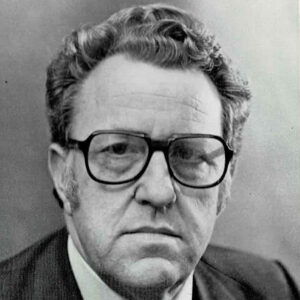 John L. Ward
John L. Ward




